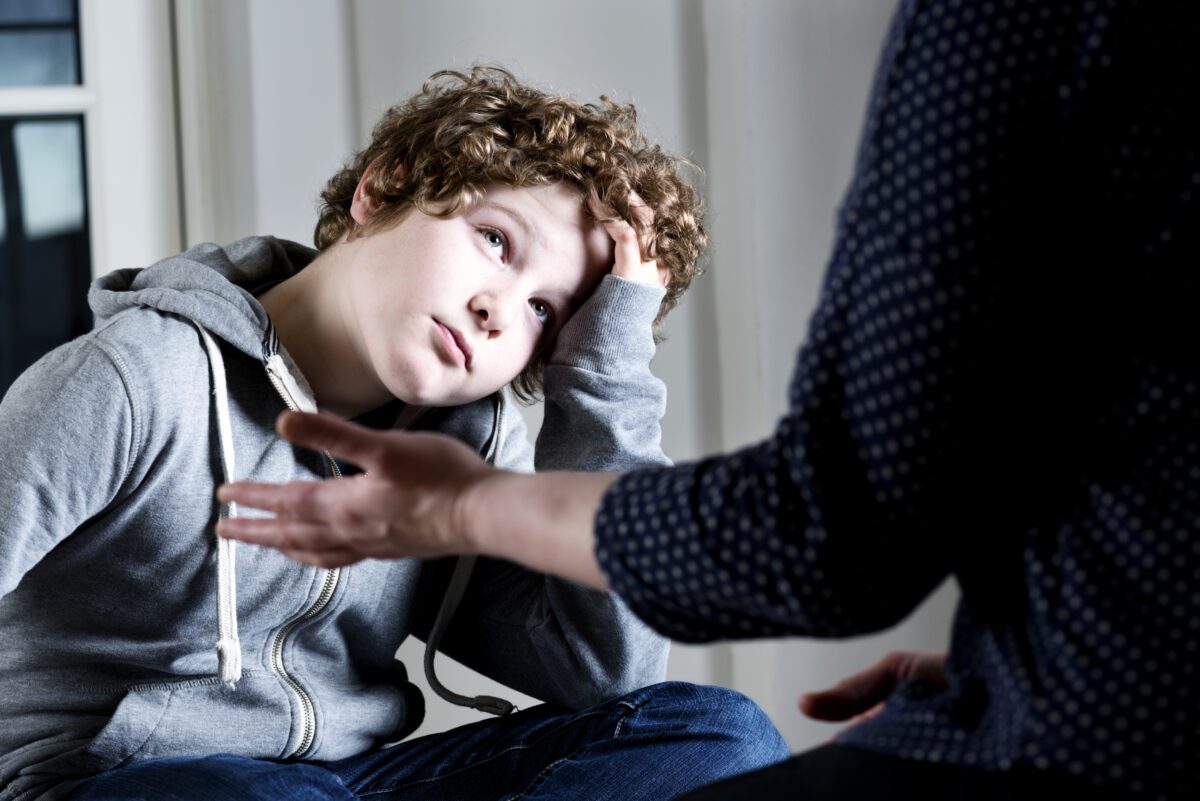
Mary Jo Barrett has spent 40 years treating child abuse and neglect. At a time when it’s more important than ever to have experienced professionals in the field, she sees way too many of her colleagues burn out.
“This is hard work, and therapists often struggle to maintain their own mental health while doing it,” says Barrett, executive director of Chicago’s Center for Contextual Change. “They can experience vicarious traumatization as they work with people who have been severely abused and neglected.”

Barrett will show therapists how to take better care of themselves in her keynote speech at the University of Wisconsin-Madison’s Conference on Child Sexual Abuse, Oct. 31-Nov. 2. “Compassion Fatigue: Replenishing the Caregiver” will provide ways of identifying warning signals and developing healthy practices.
“Most people come into the field as a calling, and they can only stay in it if they attend to their own well-being,” she says. “Providing therapy for abused and neglected children takes energy, and it’s important for therapists to replenish their energy both psychologically and physically.”
The Conference on Child Sexual Abuse provides the latest information on treating, assessing, and preventing child sexual abuse at Madison Marriott West. Now in its 32nd year, it offers an intensive learning experience for therapists, attorneys, law enforcement officers, and medical professionals, among others.
The 2016 event includes 36 new institutes and workshops on a wide range of topics, such as neurosciences and play therapy; forgiveness as a pathway to healing; and mindfulness-based cognitive therapy for children. Among the prominent presenters is Sharon Cooper, CEO of Developmental and Forensic Pediatrics, who will explore strategies for dealing with new forms of online victimization.
‘There’s nothing else like it’
Along with her keynote speech, Barrett will present two workshops. She’ll explain her vision of therapist/client collaboration in “Harnessing the Natural Cycles of Change: A Live Demonstration of the Collaborative Stage Model for the Treatment of Trauma.” Participants will observe a live therapy session (with actors) that shows how therapists and clients can work together, as opposed to the model in which a therapist merely hands down wisdom.
“People aren’t the same, so therapists can’t use a cookie-cutter approach,” Barrett says. “They should constantly check in with clients and ask them what they need help with.”
“Know Thy Boundaries: Ethical Attunement in an Age of Informality” will help therapists find the right balance in working with a client—not too involved and not too distant. According to Barrett, it’s easier than ever to cross ethical barriers in our “age of informality.”
“Clients have more access to therapists than ever,” she says. “They can call your cell number or text you, and they might think you have to respond to every message. The first few times you meet with clients, it’s important to discuss these boundaries.”
Barrett calls the Conference on Child Sexual Abuse “one of a kind.”
“The conference is very necessary because there’s nothing else like it,” she says. “The program covers every aspect of helping people who are dealing with child abuse and neglect. It stays on top of current developments, bringing in new research and new people. This is a great opportunity for those in the field to learn and be together.”